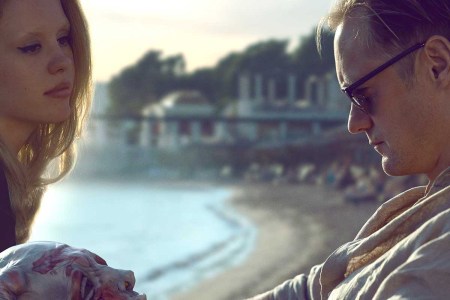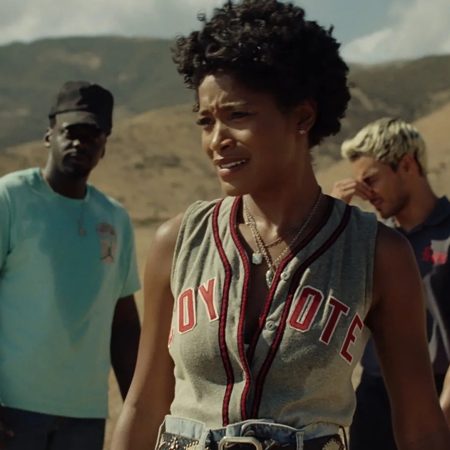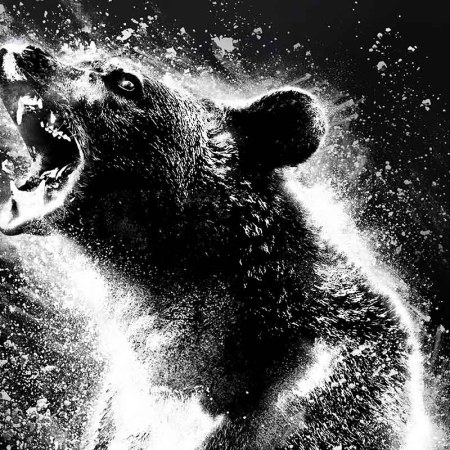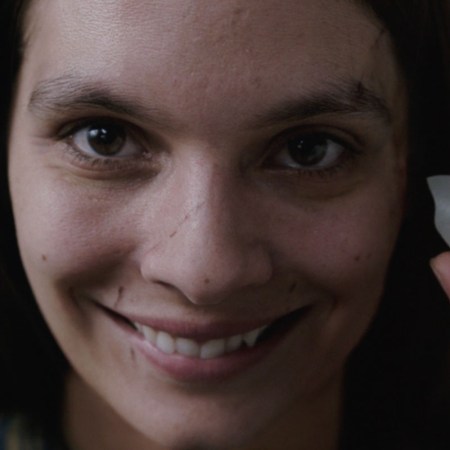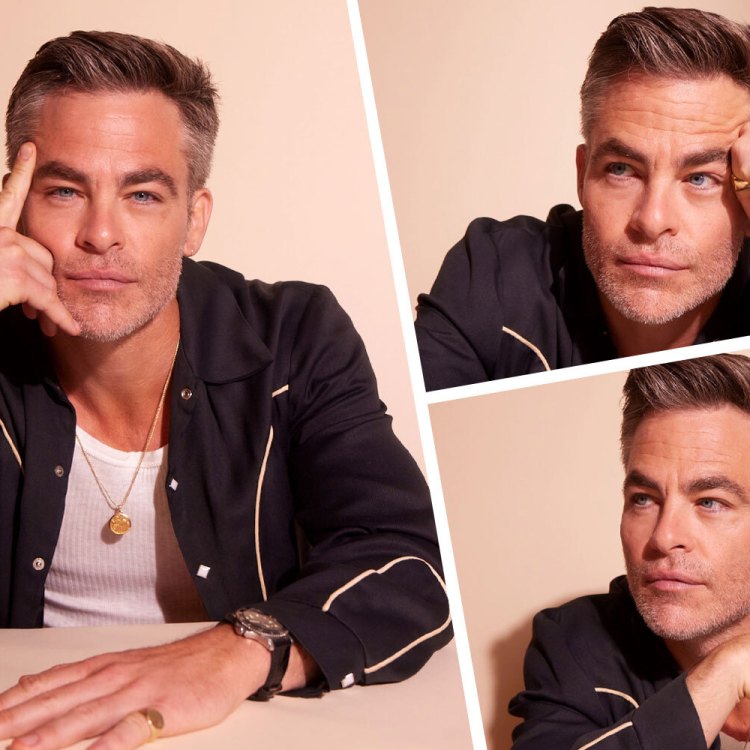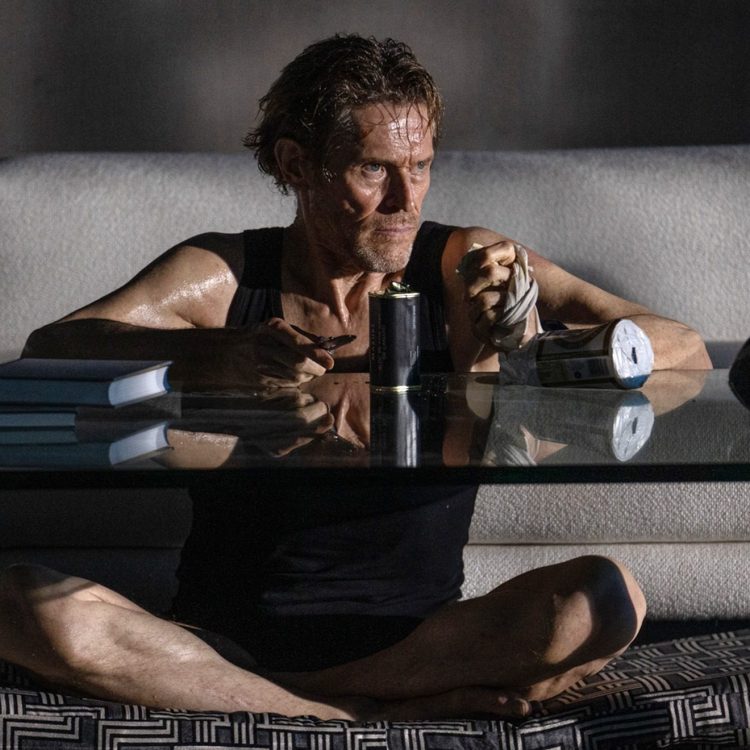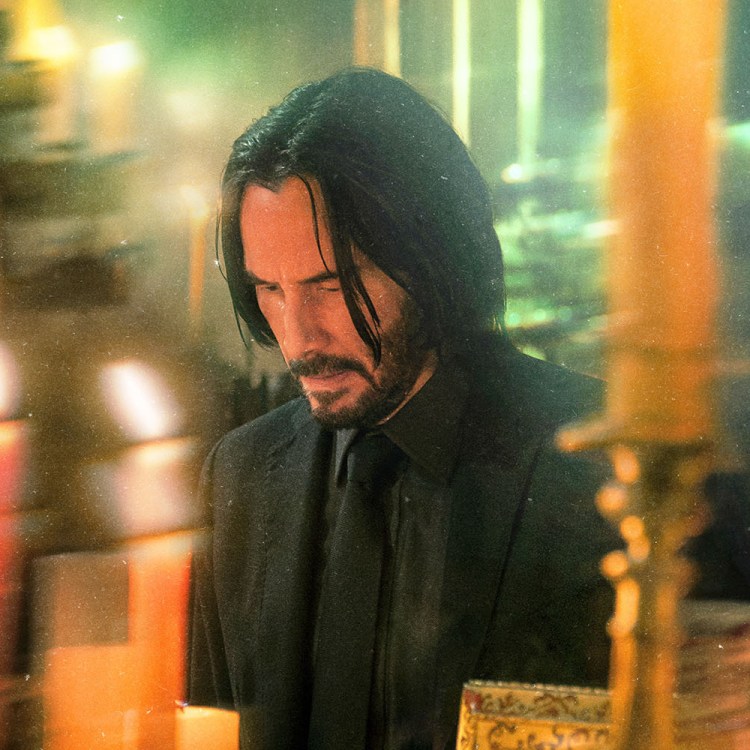For all the criticism M. Night Shyamalan has received over the sometimes eccentric, sometimes robotic and sometimes eccentrically robotic quality of his dialogue writing — has anyone been given the tedious prescription to “direct someone else’s script” more frequently? — he often has an uncanny ear and eye for the rhythms of how children speak and behave. This is no small feat. Most Hollywood movies (and, for that matter, plenty of indies) are profoundly incompetent at matching believably written child characters with unaffected child performers; throw in the vagaries of different ages and stages, and you wind up with movies where five-year-olds act like they’re 10, pre-teens talk like miniature adults, and three-year-olds are treated like infants. But some of Shyamalan’s stranger hallmarks as a writer of dialogue and behavior — overly declarative statements, comic-relief asides as awkward as they are funny, a tendency to process shocking information with a combination of underreaction and helplessness — are perfectly suited to the lives of children. For that matter, many of his adult characters are kids at heart, not in the sense of carefree joie de vivre but in the ways they’re forced to make seemingly impossible choices before they’re ready. That was literalized in his previous movie, Old, where a family gets trapped on a beach that ages its inhabitants rapidly and mercilessly; he comes at it from another angle in his new project Knock at the Cabin.
Shyamalan is also known for his twist endings, despite the fact that the vast majority of his movies do not contain one. So it’s with caution that I describe both Knock and Old as akin to old Twilight Zone episodes. Neither contains an ironic last-act twist; both have a contained yet fantastical simplicity that test the families at their center, beyond reason but not beyond the boundaries of metaphorically enhanced dread. Old has the beach that makes you old; Knock at the Cabin has the strangers who make you choose. Eric (Jonathan Groff) and Aaron (Ben Aldridge) are vacationing at a woodsy cabin with their eight-year-old daughter Wen (Kristen Cui), who is approached by a stranger named Leonard (Dave Bautista). Soon he’s joined by three “associates” (Rupert Grint, Nikki Amuka-Bird and Abby Quinn) who force themselves into the cabin and explain themselves, though not to Eric and Aaron’s satisfaction: The apocalypse is on its way. It can only be averted if this family chooses one member to sacrifice, and carries out that sacrifice.
It sounds ridiculous. More specifically, it sounds like the actions of a suicide cult, Aaron notes, especially after he learns how this quartet of people met (it involves both visions and message boards). And yet… there are signs that Leonard and company could be telling the truth. There wouldn’t be a movie if there weren’t.
At times, it feels like there’s barely a movie either way. Following a couple of big-budget misfires, Shyamalan reinvented himself as a master of horror-movie minimalism, bringing his impeccable craft — his knack for expressive camera angles, for moving the camera at just the right mercilessly suspenseful pace — to limited-location thrillers, hence the Twilight Zone comparison: The Visit, Old and the deceptively small-scale superhero saga-capper Glass. Even by those standards, Cabin, based on a novel by Paul Tremblay, doesn’t have a lot of wriggle room. Once the home has been invaded, the movie essentially turns into an hourlong circular argument, “this is really happening” versus “this can’t be happening,” with a few micro-flashbacks filling in details of Aaron and Eric’s life together.
Moment by moment, Shyamalan milks the situation for suspense: the rattling of a doorknob, the pulling back of a shower curtain, the audience’s sweaty fretting over whether a shot will ring out. But in aggregate, the tension goes a little slack, because much of what happens is, well, a little predictable, and a lot schematic. The characters aren’t rich enough to compensate; as soon as the contrast between Aaron and Eric emerges, it repeats itself, and the trademark oddball humor that pops up in the movie’s first half dissipates more quickly than usual.
Review: “Infinity Pool” Is More Than a Horror Take on “The White Lotus”
Brandon Cronenberg’s latest puts a bloody existential spin on the island resort tropeYet there is still some uneasy heft to Knock at the Cabin, which brings to mind Shyamalan at his hoariest (the R-rated potential apocalypse of The Happening) and his most open-hearted (the family under siege in Signs). Some of its family-drama weight comes from the performance of young Kristen Cui, who never hits a false note as Wen. She has her precocious moments, but, as someone points out late in the movie, most kids that age listen to their parents and believe them. For all of his meticulous blocking, Shyamalan understands the messy loyalties of familial love, how it can cause constant, bargaining flips between the rational and irrational. In his Twilight Zone style, Knock at the Cabin asks what kind of sacrifices we would be willing to endure for our children, and whether those might be driven by self-interest in a different form.
For Shyamalan, this isn’t necessarily a bleak question; he still circles back to the power of love. He could be accused of trading in sap, same as the earlier work of Steven Spielberg, whose career he was once tipped to emulate; he could even more credibly be accused of peddling generically faith-based woo-woo. But unlike any number of second-rate Amblin imitators who only want the adventure-movie rush, Shyamalan never forgets the scary stuff — and how that scary stuff can come for us, no matter the strength families try to muster to protect themselves.
This article was featured in the InsideHook newsletter. Sign up now.

